Our Partners
We build long-term partnerships with universities, seminaries, houses of worship, and faith-based organisations — forming leaders who cross divides, transform unhealthy conflict and help communities flourish.
.jpg?width=600&height=400&name=DSC_3628%20(1).jpg)
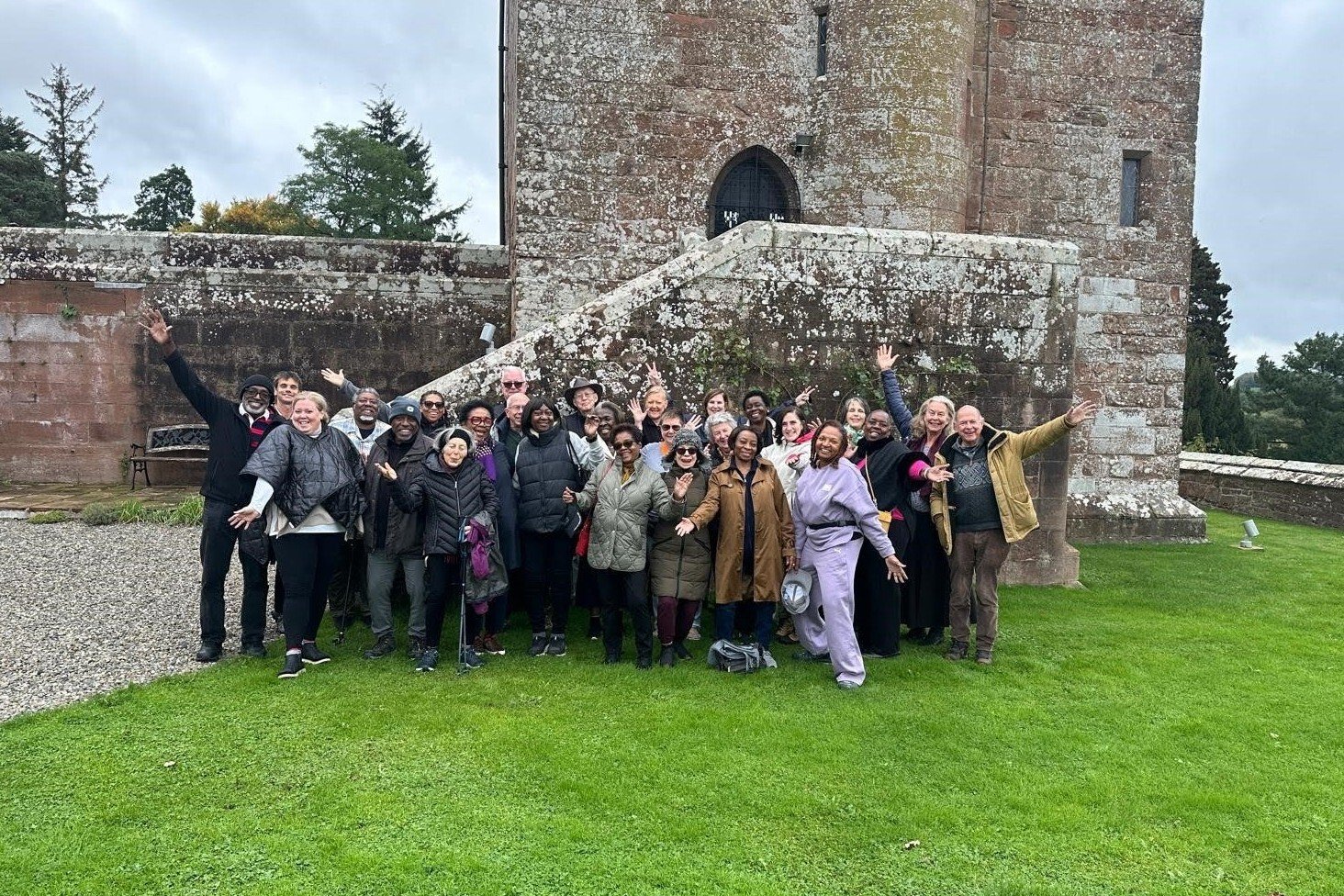
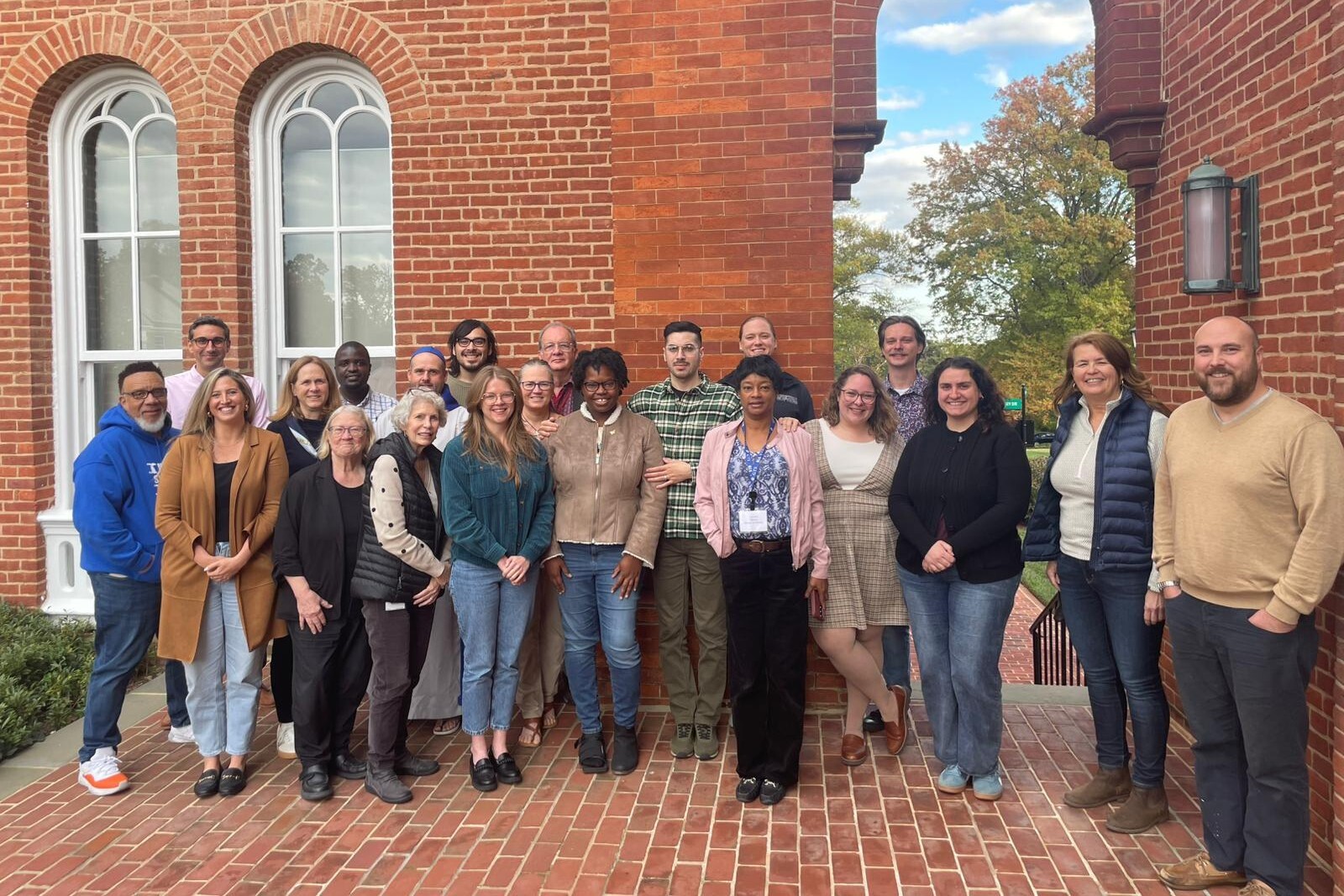
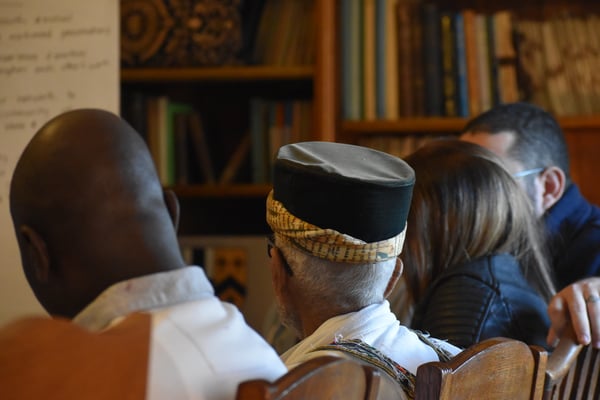
Who we work with
We focus on working with emerging leaders in places where formation happens and where division is felt — places of learning, ministry, and community leadership.
We work closely with the conveners who have the credibility to identify and gather tomorrow’s leaders on different sides of local divides: chaplains, teachers, religious leaders and community leaders.
How we work
Together, we recruit participants with the capacity, credibility and opportunity to shape their communities and transfer their learning
All of our programmes are designed collaboratively. We tailor the Rose Way to local contexts and accompany ‘reconcilers’ who are committed to building and cascading sustainable peace for the long-term.
Where we work
We are proud to work with partners from around the world, particularly in Jewish-, Christian- and Muslim-majority contexts.
We deliver programmes and host events in residence at Rose Castle, in communities and campuses worldwide, and online.
How partnership works
- Prepare: We co-define needs and objectives, seek to understand your context, and identify the hoped-for change. We then recruit leaders and prepare them for an encounter experience.
- Encounter: We carefully prepare the space for encounter, create a bespoke programme plan, and collaboratively facilitate the experience to engage leaders in your setting and context.
- Act: We support your team to journey with each cohort of reconcilers, tracking personal, relational, institutional, and cultural outcomes over time. We also design and deliver follow-up programming and resources to sustain long-term impact.
Universities
One of the founding principles of the university was to help students encounter people and ideas that are different to their own.
We specialise in supporting universities to cultivate resilient campus cultures where students and staff, of all faiths and none, are empowered to navigate change, polarisation and conflict with wisdom.
We support key stakeholders – including leadership, chaplaincies, faculty and students – to embrace our deep differences of faith, identity and values, and to recognise the centrality of healthy disagreement to the very nature of the university mission.




“There are not many spaces where as a society we are able to come together to talk about the ‘both/ands’ of life.”
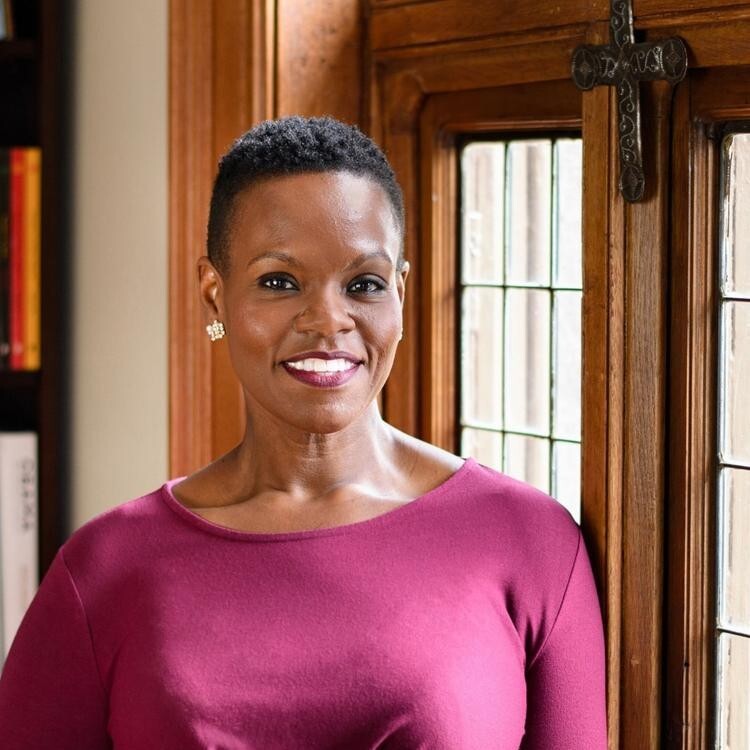
“It was amazing how vulnerable people were willing to be in this space with their experiences and histories.”
.png)
Video on our long-term partnership with Princeton University
Houses of Worship
We help congregations and faith communities to become beacons of hope in a wounded world by drawing on the deep traditions of wisdom our religions possess to embody and promote peace and reconciliation.
We work with faith leaders and their congregants seeking to be agents of healing at many levels: for ourselves, within and between divided communities, and in our relationships with God and creation.
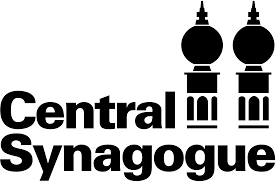



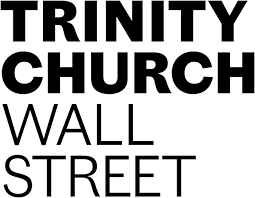

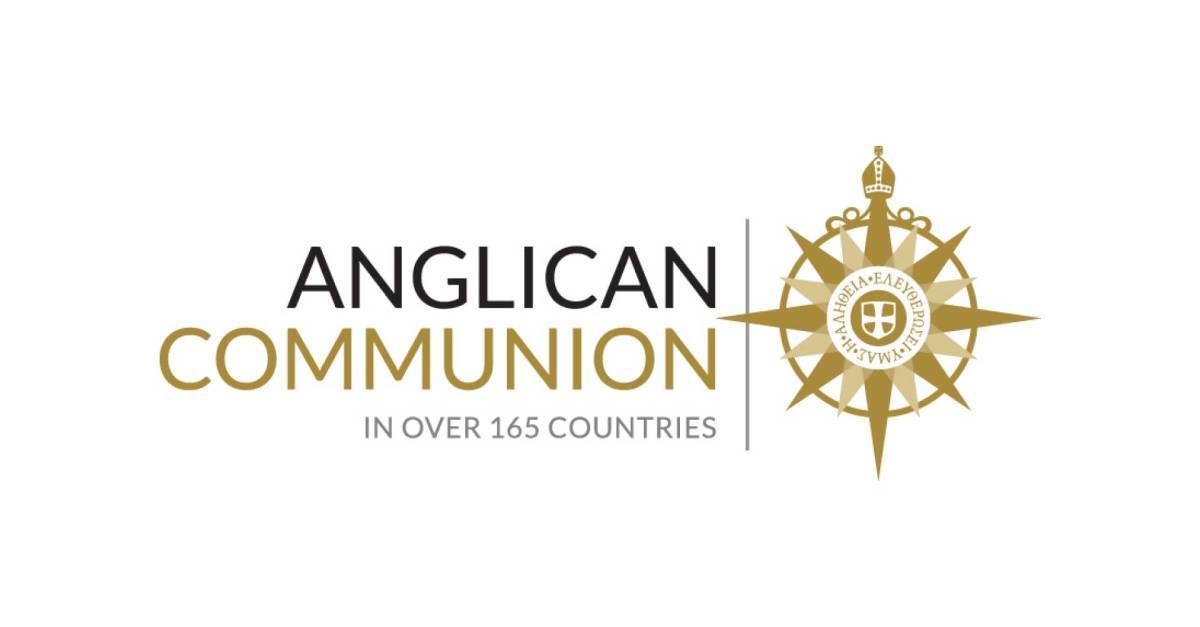

“I felt that the content drew me deeper into my own spirituality and closer to God and humankind.”
.png)
Faith-Based Organisations and NGOs
We partner with NGOs and faith-based networks that convene community leaders and peacebuilders across traditions and divides. Together we collaboratively train staff and facilitators, design resources and deliver programmes: all with the aim of reducing polarisation, sustaining peace and scaling impact for flourishing communities, institutions and regions.
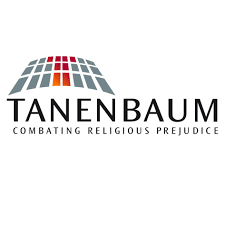

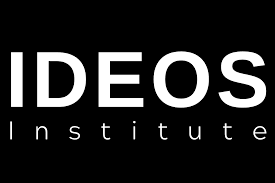

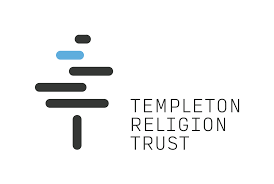
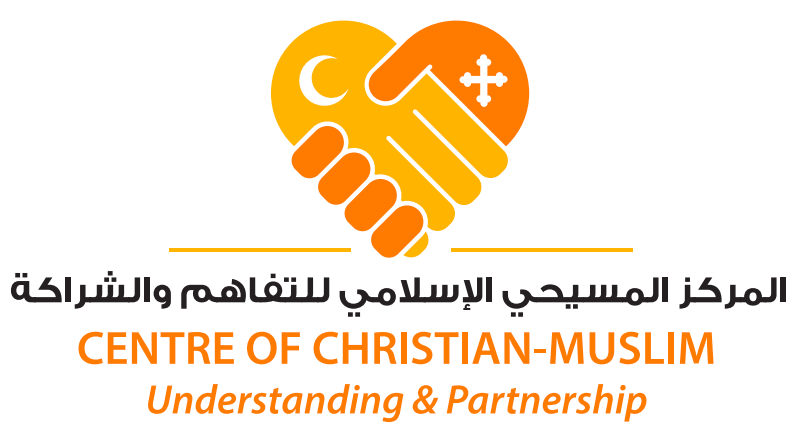

“The 12 Habits of reconcilers were so profound. They made me realise the areas in my life that I have to change to be a more effective leader.”
.png)
Seminaries
We empower seminarians to engage with the ministry of reconciliation as part of their long-term formation as faith leaders. We offer programmes and resources which help tomorrows pastors, preachers and peacemakers to pursue the call into reconciliation with moral courage, in service of God, divided congregations, and a wounded world.
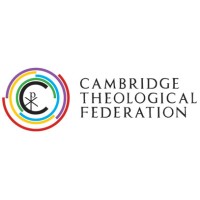
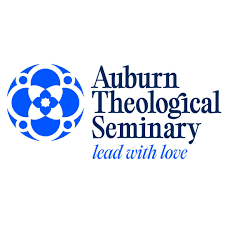


“I appreciate the permission Scriptural Reasoning gives to sit with an unresolved concern and take time to be with/see the humans who are in that space with me.”
.png)
“Before I did this programme, I was so wrapped up in conflict and
the tenuous, flimsy nature of many interfaith relationships. The Auburn Rose Way Programme showed me another way is possible: a practice of hospitality grounded in the hearted recognition of and love for one another and who we really are.”
.png)